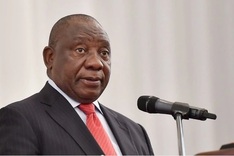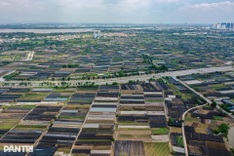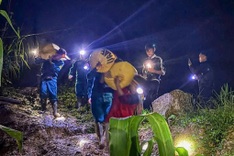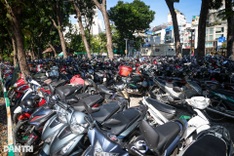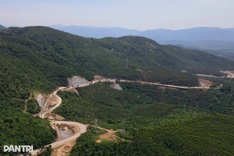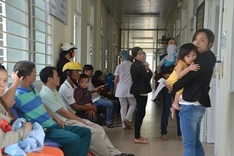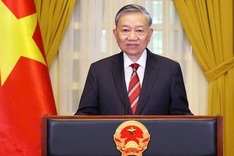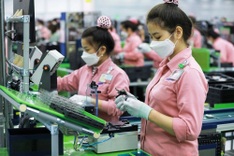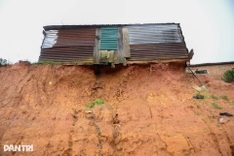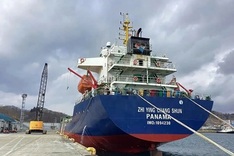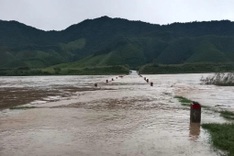Total disbursement of foreign direct investment in the first eleven months of this year stood at $14.3 billion, up 8.3 per cent year-on-year, according to the latest report from the Ministry of Planning and Investment (MPI).
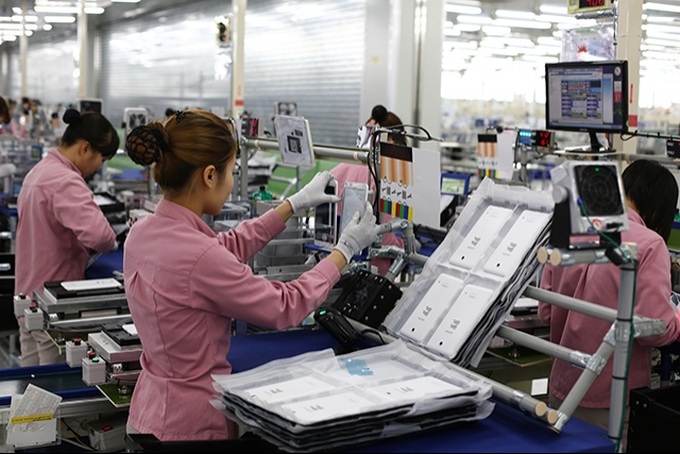
New and additional FDI capital totaled $18.1 billion, representing 89.5 per cent of the figure in the same period of 2015.
As at November 20, 2,240 new projects had been granted investment licenses with total registered capital of $13 billion, equal to 96.1 per cent of the figure in the same period last year, while 1,075 existing projects added $5.07 billion in capital, equal to 76.1 per cent.
Export turnover in the FDI sector (including crude oil) in the first eleven months was $114.1 billion, up 8.6 per cent compared to the same period last year and accounting for 71.5 per cent of the total. Excluding crude oil the figure was $112 billion, up 10.3 per cent and accounting for 70.2 per cent.
Import turnover in the FDI sector was $92.8 billion, a 3.6 per cent increase year-on-year and accounting for 59.2 per cent of total import turnover. The sector therefore recorded a trade surplus of $21.2 billion including crude oil and $19.1 billion excluding crude oil.
Total FDI capital & disbursement, 11M 2016
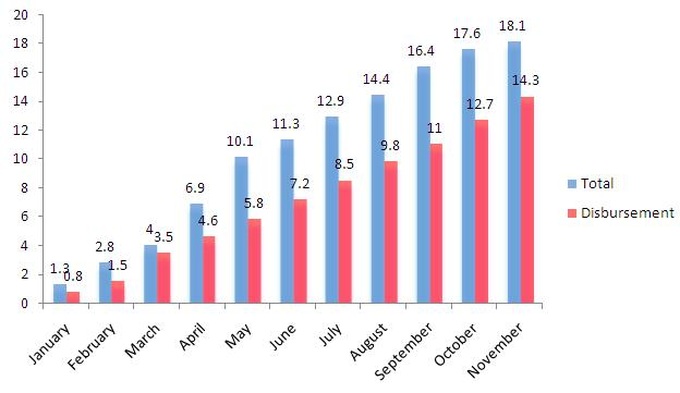
Source: MPI, November 2016
Nineteen sectors received investment, in which manufacturing and processing attracted the most, with 907 newly-registered projects and 766 projects adjusting their capital, for a total of $13.41 billion, or 74.1 per cent of all registered capital in the first eleven months.
Real estate was second, with 49 new projects and total capital of $740.9 million, or 4.1 per cent of the total. Following the US election, most commentators believe President-elect Donald Trump will no longer continue with the proposed TPP agreement. "It is too early to say whether the agreement will be scrapped altogether or an amended, watered down version will be adopted," said Mr. Stephen Wyatt, Country Head of real estate consultants JLL.
If the TPP is adopted in its current form, Mr. Stephen Wyatt believed Vietnam would stand to be one of the largest beneficiaries, which would filter down into the real estate market, due to the increased FDI the country would witness. "If the TPP does not proceed, the level of FDI will be less, but Vietnam has signed a number of other FTAs with other countries and regions recently, which will help to keep FDI at a healthy level," he added.
Professional activities and science and technology ranked third, with $684.84 million, or 3.8 per cent.
Foreign investment came from 68 countries and territories, led by South Korea, with total new and additional capital of $5.2 billion, or 29.2 per cent of the total. Singapore followed, with $2.05 billion, or 11.3 per cent, then Japan with $1.95 billion, or 10.8 per cent.
Fifty-four cities and provinces received investment, led by northern Hai Phong city with 45 new projects and 35 projects adjusting their capital, totaling $2.74 billion, or 15.2 per cent of the total.
Southern Binh Duong province was second, with new and additional capital of $1.93 billion, or 10.7 per cent, followed by southern Dong Nai province, Hanoi and Ho Chi Minh City, with total new and additional capital of $1.87 billion, $1.84 billion and $1.32 billion, respectively.
Projects granted investment licenses in the first eleven months included the LG Display Hai Phong project, with capital of $1.5 billion, the LG Innotek Hai Phong Plant, with $550 million, a $315.46 million seaport and industrial park complex in Quang Yen town, Quang Ninh province from the CDC Corporation, headquartered in the Cayman Islands, the Middle Utilities Company Pte. Ltd from Singapore, and the Infra Asia Investment Limited from Hong Kong, and Amata Long Thanh City in Dong Nai province, with $309.3 million from Thailand’s Amata Corporation.

